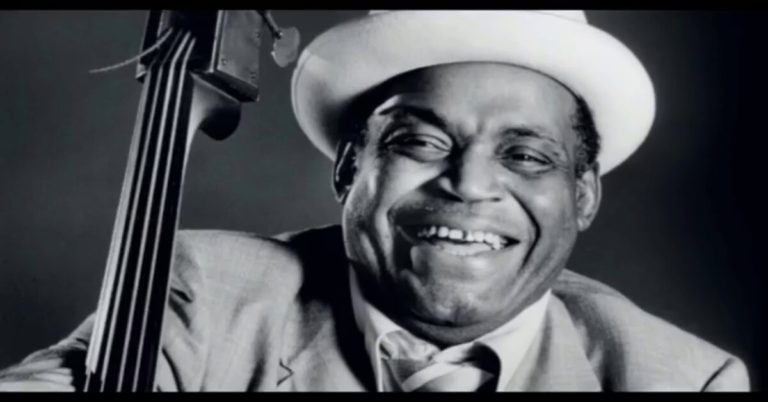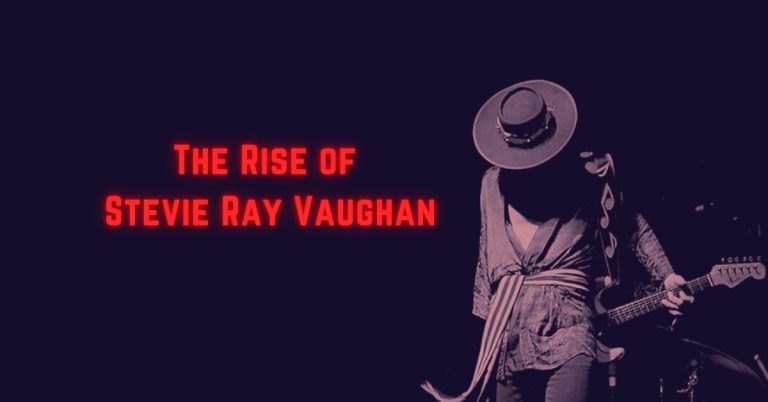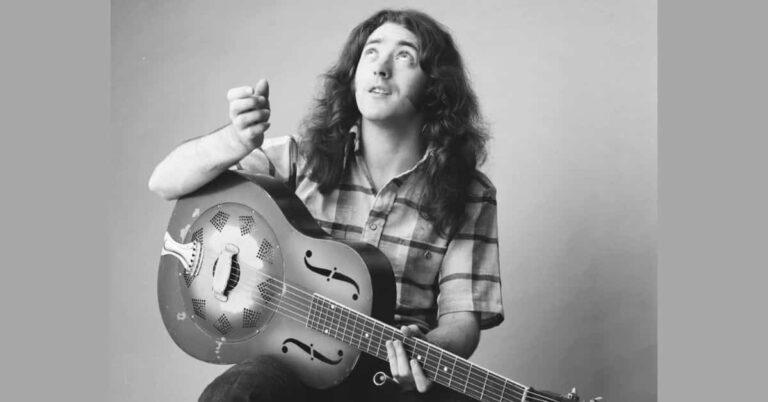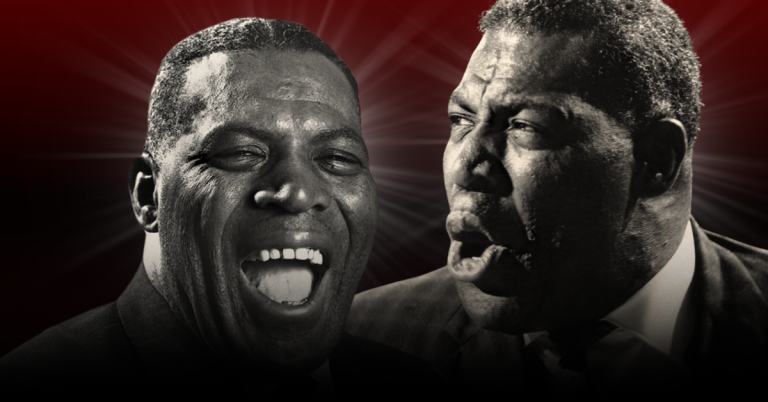The Untold Truth About Robert Johnson
Robert Johnson: Music, Myths, and a Short Life That Still Speaks Loudly Today
Robert Johnson was an American blues singer, songwriter, and guitarist whose brief life left a permanent mark on music history. Born in 1911, his recordings from 1936–1937 would later influence musicians around the world. Despite recording only 29 songs, Robert Johnson’s raw vocal tone and unmatched guitar technique helped define early Delta blues. Even modern legends like Keith Richards and Eric Clapton credit him as an inspiration. The story of Robert Johnson still sparks curiosity, from the mysterious “deal at the crossroads” to his untimely death. Let’s take a closer look at the music and facts behind the man.
The Musical Style and Impact of Robert Johnson
Robert Johnson’s guitar playing was ahead of its time. He used slide guitar techniques and alternate tunings that created a layered sound many mistook for two guitars at once. Songs like “Cross Road Blues” and “Hellhound on My Trail” became key influences on blues and rock musicians for decades. His lyrics often told stories of fear, travel, betrayal, and struggle.
When Robert Johnson sang, it was with a haunting tone that matched the themes in his lyrics. His phrasing and rhythm inspired generations of artists, including the Rolling Stones and Led Zeppelin. The early recordings remain some of the most studied in blues music. His influence reached beyond blues—he helped lay the groundwork for rock music’s evolution.
Facts You Might Not Know About Robert Johnson
1. He Recorded Only 29 Songs
All of Robert Johnson’s known music was captured during two sessions in 1936 and 1937. His entire legacy rests on these few tracks.
2. His Fame Grew After Death
During his lifetime, Johnson was relatively unknown outside the Delta. His influence exploded only after his music was reissued in the 1960s.
3. The “Crossroads” Legend
A popular myth claims Robert Johnson met the devil at a crossroads and traded his soul for guitar mastery. While unverified, the story became part of his mystique.
4. Multiple Death Theories Exist
Johnson’s cause of death remains a mystery. Some believe he was poisoned. Others point to medical conditions. No official autopsy was ever done.
5. He Used Alternate Tunings
Johnson’s use of open tunings and fingerpicking techniques created the illusion of multiple instruments, adding depth to solo performances.
6. He Was Posthumously Inducted into the Rock & Roll Hall of Fame
In 1986, Johnson was one of the first members inducted into the Hall of Fame under the “Early Influences” category.
7. His Recordings Influenced Rock Legends
Robert Johnson’s music had a direct influence on artists like Keith Richards, Bob Dylan, and Eric Clapton, who once called Johnson “the most important blues singer that ever lived.
Robert Johnson’s Place in Blues History
Robert Johnson didn’t just contribute to blues, he helped shape it. Many artists who came after him, such as Muddy Waters and Howlin’ Wolf, built on his style. British blues rock musicians in the 1960s, including Eric Clapton and members of the Rolling Stones, credit Robert Johnson with influencing their entire sound. His legacy also reached the likes of Willie Nelson and Keith Richards, both of whom studied and praised his recordings.
Although Robert Johnson passed away in 1938, his influence still generates news today. From tribute albums to blues documentaries, his work continues to be referenced by music historians and new artists. His induction into the Rock & Roll Hall of Fame in 1986 further solidified his place in music history. Robert Johnson lived a short but influential life. From his groundbreaking guitar work to his gripping lyrics, he left behind a small but lasting body of work that shaped modern music. Whether you’re new to blues or a lifelong fan, Robert Johnson remains one of the most important figures to explore.





